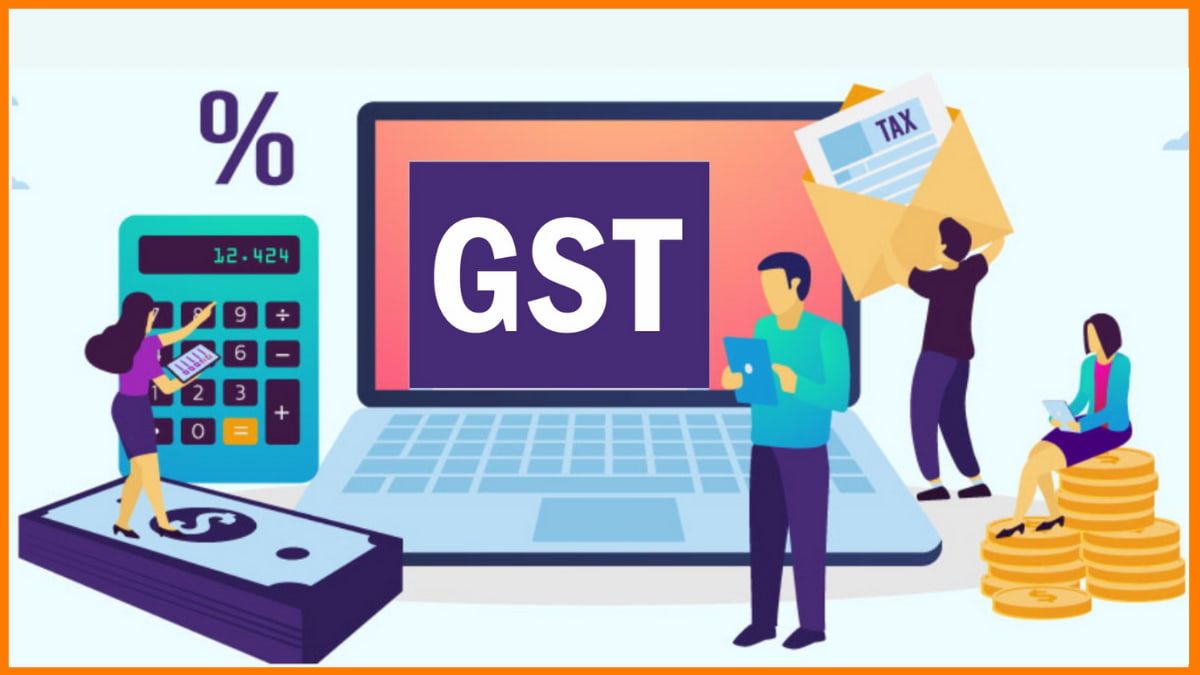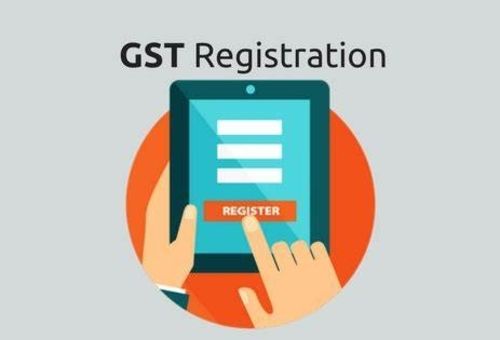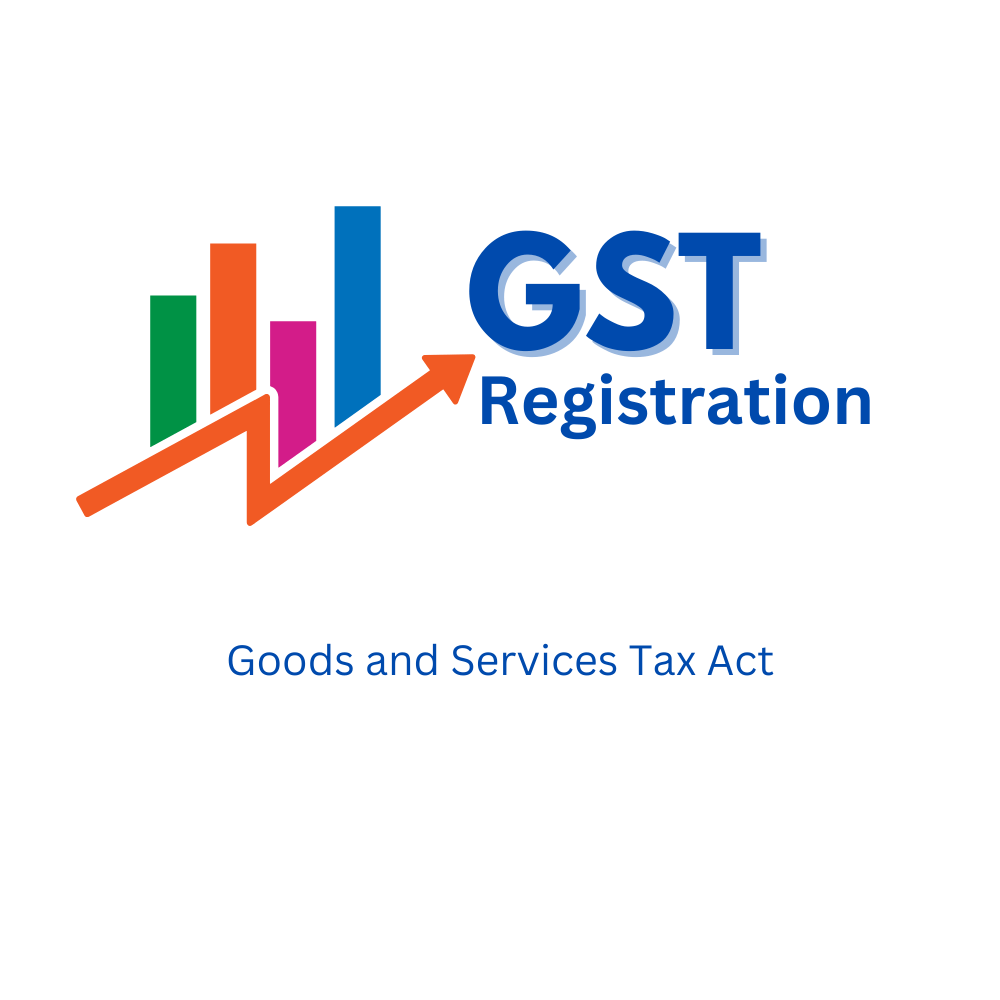Top Tips for a Smooth Singapore GST Registration Experience
Top Tips for a Smooth Singapore GST Registration Experience
Blog Article
Browsing the Complexities of GST Registration: Expert Tips and Finest Practices for Easier Compliance
Navigating the intricate landscape of Goods and Provider Tax Obligation (GST) enrollment demands a keen understanding of the advancing regulatory structure and careful interest to information. As businesses strive to make certain compliance and stay clear of mistakes, expert guidance and finest methods can work as very useful compass points in this complicated surface. From decoding enrollment demands to using technical tools for structured processes, the journey in the direction of smoother GST compliance is diverse and nuanced. Keep tuned to uncover essential techniques and understandings that can assist businesses guide through the complexities of GST registration with skill and self-confidence.
Recognizing GST Enrollment Requirements

In addition to turn over limits, companies participating in interstate sales or giving taxable services might additionally be needed to register for GST, also if their turnover is listed below the recommended limit (Singapore GST Registration). Understanding these limits and demands is important to avoid fines and guarantee smooth procedures within the legal structure
Moreover, companies must collect and prepare the needed paperwork, such as evidence of identity, address, business unification, and checking account information, before initiating the GST enrollment process. Falling short to supply accurate info or satisfy the enrollment target dates can result in penalties or various other legal consequences. Consequently, companies should stay notified regarding the particular GST registration demands appropriate to their procedures to keep compliance and avoid possible issues.
Organizing Important Documents
Businesses getting started on the GST enrollment process should thoroughly put together and organize the vital documents required for submission. The key documents commonly required for GST enrollment include proof of business enrollment or unification, identification and address proofs of the service owners or partners, savings account details, proof of primary business, and consent kinds. Guaranteeing that these papers are easily available and arranged can improve the registration procedure and prevent beings rejected or hold-ups.
To effectively arrange essential documents, services ought to develop a centralized system for storing and classifying the required paperwork (Singapore GST Registration). Using digital storage space remedies can assist preserve simple gain access to and make sure that papers are safely stored. In addition, developing a checklist of all required papers can act as a valuable tool to track what has actually been gathered and what is still required for entry

Leveraging Innovation for Effectiveness
Enhancing functional performance through technical combination is extremely important for modern-day companies navigating the intricacies of GST enrollment. Leveraging innovation can improve procedures, minimize errors, and ensure timely compliance with GST policies. Among the key ways innovation can aid in GST registration is through using automated software program remedies. These tools can aid services track sales, generate billings, compute tax obligations, and submit returns properly. By automating these tasks, look at here companies can lessen hand-operated errors and conserve time that would certainly otherwise be invested on recurring management work.
Furthermore, innovation can facilitate smooth communication with tax obligation authorities. On the internet portals and communication tools make it possible for businesses to submit papers, settle inquiries, and get updates in an extra reliable fashion. This not only expedites the registration process however likewise helps in maintaining trustworthy and transparent communication with the appropriate use this link authorities.
Moreover, cloud-based storage options supply a safe system for companies to store and accessibility their financial data, making sure compliance with GST record-keeping needs. By systematizing information storage space and automating procedures, services can boost their general effectiveness and precision in GST enrollment treatments.
Proactive Conformity Monitoring

To make sure efficient aggressive conformity surveillance, businesses should develop robust inner controls, conduct periodic audits, and take advantage of automation devices for real-time tracking of GST purchases. Routine training sessions for employees on GST compliance needs can additionally aid in producing a society of compliance within the company. In addition, engaging with tax obligation professionals or experts can supply important insights and assistance on browsing complex GST guidelines.
Engaging With Expert Experts
Involving seasoned tax obligation professionals can substantially strengthen a company's understanding and compliance with intricate GST guidelines. Specialist specialists bring a riches of knowledge and experience to the table, assisting organizations navigate the complexities of GST registration with simplicity. By leveraging their competence, companies can make sure precise filings, reduce the risk of errors, and remain current with the most recent regulatory modifications.
When involving with specialist professionals, it is vital to select professionals with a strong track document in GST compliance (Singapore GST Registration). Seek experts that have a deep understanding of the appropriate legislations and laws, in addition to experience collaborating with services in your market. Efficient communication is key in this partnership, so see to it to plainly define your assumptions and develop normal touchpoints to talk about progress and attend to any type of issues
Furthermore, professional blog professionals can provide important understandings and suggestions on enhancing your tax method, determining possible cost-saving chances, and enhancing your compliance processes. On the whole, purchasing specialist consultancy services can go a long means in guaranteeing smoother GST conformity and preventing costly blunders.
Conclusion
In conclusion, navigating the intricacies of GST registration calls for a complete understanding of the demands, organization of vital paperwork, leveraging technology for effectiveness, proactive compliance surveillance, and engagement with specialist specialists. By adhering to these best methods, organizations can guarantee smoother compliance with GST laws and stay clear of prospective charges or penalties. It is important to stay notified, proactive, and attentive in taking care of GST registration to preserve conformity and promote economic integrity.
To make certain conformity with tax laws, businesses need to thoroughly understand the elaborate requirements for GST registration. Product and Solutions Tax (GST) is a value-added tax obligation imposed on most products and solutions in a country, making it crucial for businesses to sign up for GST to avoid lawful repercussions.Additionally, businesses must collect and prepare the required documentation, such as evidence of identification, address, organization consolidation, and bank account information, before starting the GST enrollment process. Companies ought to stay notified regarding the certain GST registration needs relevant to their procedures to keep conformity and prevent potential concerns.
The essential records generally needed for GST registration consist of proof of business registration or address, incorporation and identity evidence of the organization owners or partners, financial institution account details, proof of principal place of business, and authorization types.
Report this page